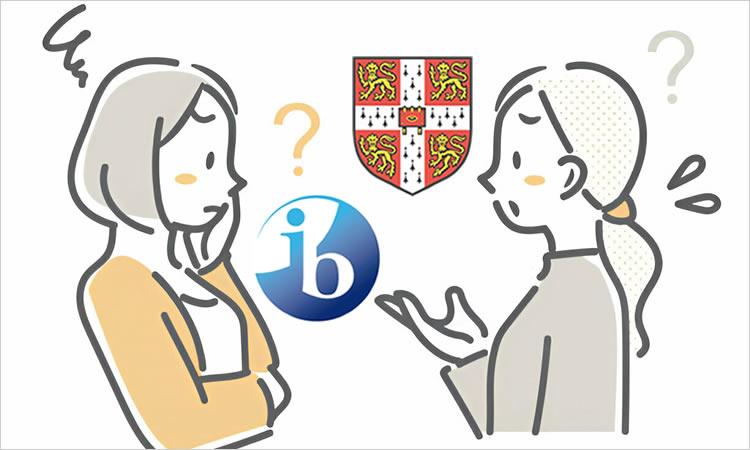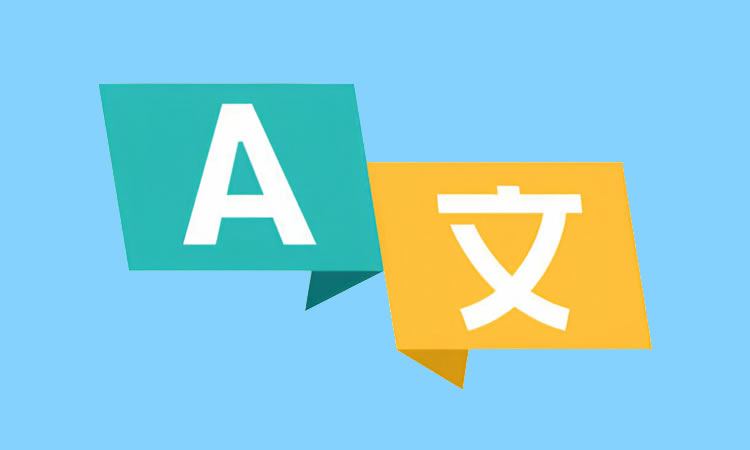
Choosing Between IGCSE and IB : Which is Right for Your Child?
As a parent considering an international school for your child, you've likely encountered IGCSE and IB programs. Both are well-regarded, but which one best suits your child's academic aspirations and learning style?
Both have their unique strengths and cater to different learning styles and goals and understanding the differences between them can help parents make an informed decision aligned with their child's educational needs and aspirations.
The IGCSE (International General Certificate of Secondary Education)
The IGCSE (short for International General Certificate of Secondary Education), offered by Cambridge Assessment International Education, is typically pursued by students aged 14-16 and culminates in internationally recognized qualifications.
It offers a broad range of subjects (up to 70), allowing students to explore diverse interests. Schools have flexibility in choosing subjects to offer, catering to specific student needs and regional contexts. The IGCSE curriculum emphasizes depth of knowledge in specific subjects, allowing students to specialize early on and develop a strong foundation in key areas.
International Baccalaureate (IB) Diploma
On the other hand, the IB program is pursued by students aged aged 16-19 and it is renowned for its inquiry-based approach to education and it fosters holistic development by encouraging students to make connections between disciplines and real-world issues.
The program emphasizes independent learning, research skills, and self-reflection. The IB Diploma Programme includes a range of subjects along with components such as Theory of Knowledge, Extended Essay, and Creativity, Activity, Service (CAS) and assessment is a blend of internal assessments conducted by teachers and external examinations.
IGCSE or IB?
For parents contemplating between IGCSE and IB for their child, several factors should be considered:
- Academic Focus : If your child has a clear interest in specific subjects and prefers a more traditional academic approach, IGCSE might be the right choice. However, if you value a broad and interdisciplinary education that fosters critical thinking and creativity, the IB program could be more suitable.
- Future Goals : Consider your child's aspirations for higher education and career paths. Some universities may have preferences for applicants with either IGCSE or IB qualifications, so aligning the curriculum choice with future goals is crucial.
- Learning Style : Reflect on your child's learning style and preferences. IGCSE is structured and exam-oriented, while IB emphasizes research, inquiry, and project-based learning. Choose a curriculum that aligns with your child's strengths and interests.
- Global Recognition : Both IGCSE and IB qualifications are widely recognized by universities and employers globally. However, the IB program is renowned for its emphasis on international-mindedness and intercultural understanding, which can be advantageous in a globally interconnected world.
In conclusion, the decision between IGCSE and IB should be based on a thorough understanding of your child's educational needs, aspirations, and learning style.
Both curricula offer unique benefits, and choosing the right one can significantly impact your child's academic journey and future opportunities. Consult with educators, school counsellors, and your child to make an informed decision that sets them on the path to success and fulfillment in their educational pursuits.

